For each second that a website loads, that is one second off of a visitor’s interest in your page. What you want is a website that pops up the sooner the user clicks on Enter, to get the user to stick around and see what else you have in store. Check out these possible reasons why your website is loading slowly, and we’ll let you know how to avoid them:
- The images (or media files) you have on your website are too high-resolution.
- The website is not just loading its own pages, but also external links from other websites (which in turn takes its own time to load up).
- Website files are too heavy. There is minimal to no disk space left on your allotted server storage.
HOW TO SPEED UP YOUR WEBSITE
To address these issues, here’s how you can make sure that your website load time does not take any longer than it should:
- Resize your images. We know you want your website to look presentable and eye-catching, but you don’t want to lose sight of efficiency. Your videos may be too huge for viewing, and the photos may also be too big for a regular browser setup. Get to resizing those media files to make them *pop* instead of populating your interface.
An alternative is to also compress the file size. This way, you can keep the same image or video layout as it appears on your website, but you don’t have to worry about those files taking up much space. You can also consider switching up the file format. For example, PNG files are considered more high-resolution, and would be of a higher file size. Switching it up to JPEG could reduce the file size to half, without compromising the quality of the output. - Reduce external links or feeds. When you have a lot of external links embedded from different hosts and different servers, it would seem that your website is loading up little web pages within the original web page, and so on. This would mean that your website’s load time may be on the double simply because of several external links that it is also preparing for each time it is accessed.
- Do a routine disk space check and cleanup. For websites and businesses with user logins and member accounts, it is recommended that you check for users who have not logged in for a long time, or files that are redundant and also have not been accessed for a while. You may be surprised as to how much disk space these are taking up, and how much space you’ll have after cleaning them up!
- We also recommend installing WP Super Cache. Click here to check out the steps on how to install it for your WordPress website.






